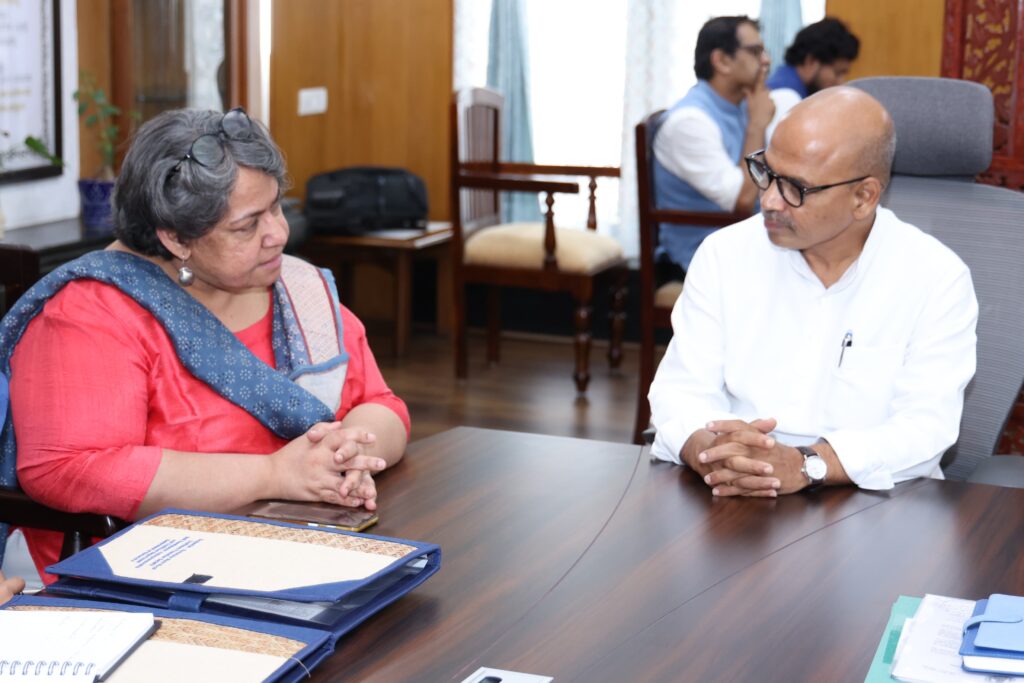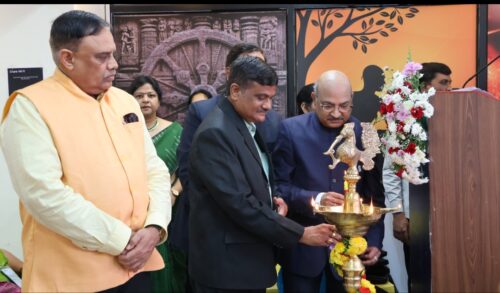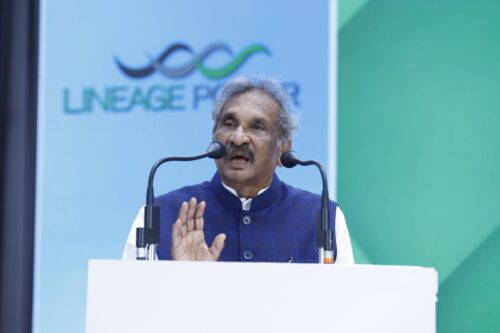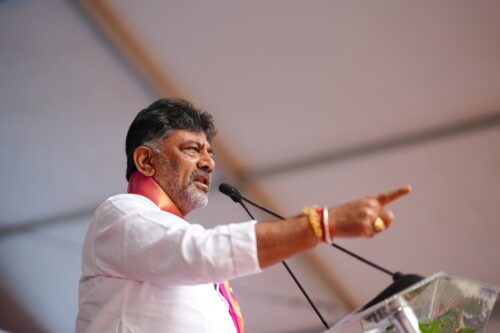Bengaluru, July 17: In its continuous effort to uplift the most vulnerable and extremely poor populations, the Government of Karnataka under the Department of Skill Development, Entrepreneurship and Livelihood on Tuesday launched the Karnataka Inclusive Livelihood Programme (KILP).

The Memorandum of Understanding (MoU) for the implementation of the programme was signed between PI Sree Vidya, Mission Director, National Livelihood Mission and Shweta S Banerjee, country lead – India, BRAC International in the presence of Skill Development, Entrepreneurship and Livelihood Minister Dr. Sharan Prakash Patil and Additional Chief Secretary Uma Mahadevan at Vikasa Soudha here.
Launching the pilot phase of the programme that initially aims to cover 4,000 households with a budget of Rs 23 crore, the Minister said that the KLIP was aimed at creating sustainable, gender-equitable and climate-resilient livelihoods for extremely poor households across 20 taluks of the 10 districts in the state which rank poor in Human Development Index. It will target the most vulnerable groups, particularly women, and empower them by instilling self-confidence, imparting skill training, enhancing livelihoods, fostering social inclusion, and promoting economic prosperity through a capability-building approach.
Uma Mahadevan noted the scheme will expand its reach to 50,000 extremely poor households by 2027 and 2,50,000 households by 2029. The KILP is designed to address poverty, inequalities, regional disparities and livelihood issues. The sustainable livelihoods, food and nutritional security, income enhancement, access to government welfare schemes, gender equity, women and social empowerment are among KILP’s key objectives. “The BRAC International will provide technical expertise and support in designing and implementing the programme through a State-level Project Management Unit (SPMU) and district-level coordination units through PRADAN, a national NGO. The Gram Sabhas, Gram Panchayat level federations and self-help groups are key components and play a key role in beneficiary selection,” she said.
The twenty taluks covered in the pilot phase include, Hungund and Badami in Bagalkot district, Aurad and Kamalanagar in Bidar, Kalagi and Shahabad in Kalaburagi, Maski and Sirwar in Raichur, Vadagera and Gurmitkal in Yadgir, Kanakagiri and Gangavathi in Koppal, Thalikote and Almel in Vijayapura, Kudligi and Harapanahalli in Vijayanagara, Kampli and Kurugodu in Ballari and Gundlupet and Yelandur in Chamarajanagara.
Ajit Ranjan, India Program Coordinator, BRAC International; Ramesh Veluru, India Program Officer, BRAC International; Dibyendu Chaudhuri, Integrator, PRADAN; Dr. Pranav Trigunayat, Research Associate, PRADAN; Members of State Program Management Unit and senior officials of National Livelihood Mission attended the event.




More Stories
Bidadi Waste-to-Energy Plant Fully Compliant with Environmental Norms: KPCL
There is no November or December revolution, only revolution is Congress coming back in power in 2028
KSRTC Honoured with the Svayam Accessibility Award 2025 for Advancing Inclusive Public Transport in Mysuru Dhwani Spandana